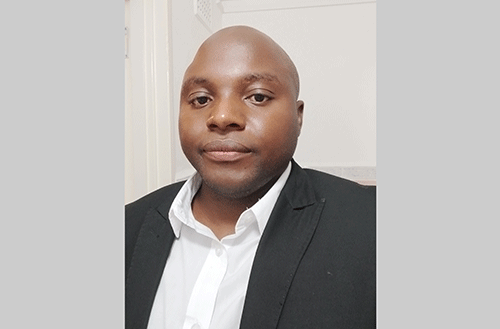Namibia is set to commemorate the Genocide Remembrance Day 28 May 2025.
The event will mark the first time since Namibia gained independence.
The day was chosen following a Cabinet decision after consultation with the affected community leaders.
This article will highlight the significance of the Genocide Remembrance Day as a major step towards reconciliation.
Background
In 1904-1908, Germany launched an ethnic extermination against the Nama and Ovaherero people.
Over 100 000 Ovaherero and Namas died during the war. This marked the event as the first genocide of the 20th century.
After Namibia gained independence in 1990, the new government started the genocide negotiations with Germany.
In 2018, Germany returned skulls and other remains of massacred tribespeople that were used in the colonial-era experiments to assert claims of European racial superiority.
Towards healing
The Genocide Remembrance Day signifies a milestone to all Namibians in their steadfastness against past injustices.
It is a day that symbolises peace and unity among all tribal groups.
The day symbolises the bravery our forefathers (Hendrik Witbooi and Samuel Maharero) displayed in the struggle for freedom.
Their valour inspired the late founding father, Sam Nujoma, to continue where they left off in the fight for independence.
Reconciliation is an important step in the transformation of societies divided by past injustices.
Joanna Santa-Barbara defines reconciliation as the restoration of a state of peace to the relationship, where the entities are at least not harming each other and can begin to be trusted not to do so in future, which means that revenge is foregone as an option.
Reconciliation involves a long-term process of telling the truth about the harm done in order to heal, acknowledging the atrocities committed, apologising to the victims wholeheartedly, asking forgiveness genuinely and an assurance that it will never happen again and providing justice in the form of restitution to the victims.
The restitution process remains deadlocked between Namibia and Germany.
However, it is hoped that the Remembrance Day will change the attitude and heart of Germany to finalise the process.
Moving forward
In summary, the Genocide Remembrance Day will mark the beginning of a better road towards forgiveness and justice between Namibia and Germany. This road is necessary for Namibia in her quest for healing from past injustices.
*Collen Kurana is a DPhil student in Peace Studies at the Durban University of Technology.


